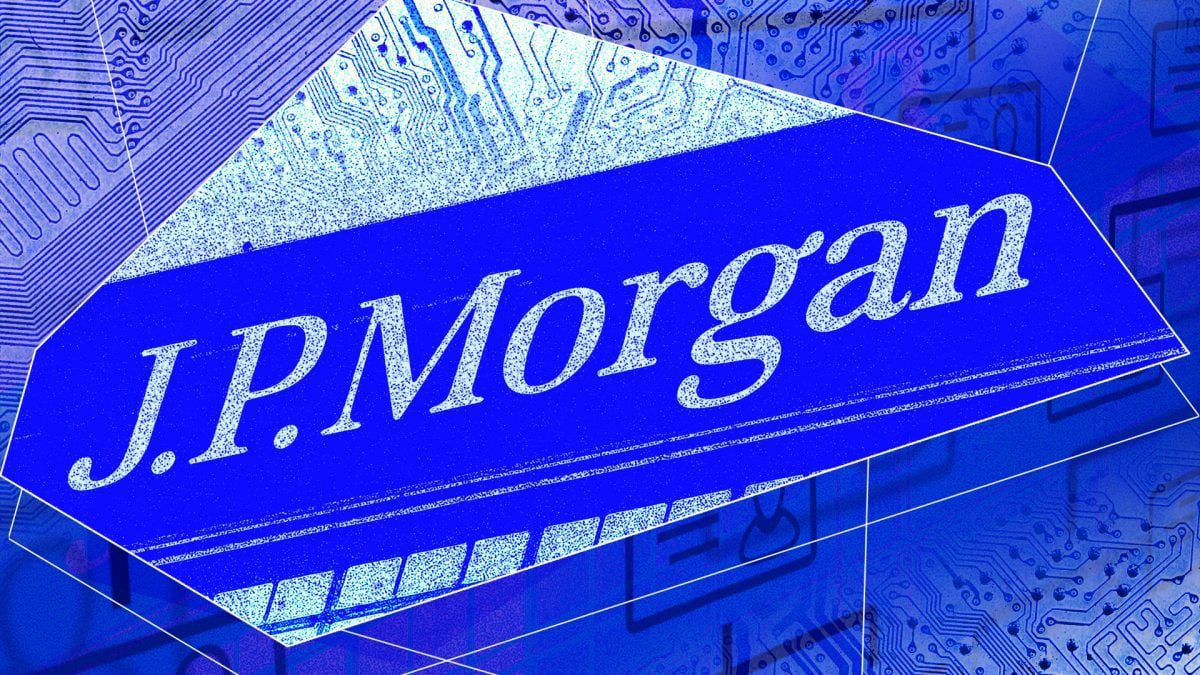JPMorgan Suggests US Congress Might Place Ethereum in an ‘Unspecified Classification’
JPMorgan Suggests US Congress Considering Different Classification Options for Ethereum
JPMorgan strategists, led by Nikolaos Panigirtzoglou, have suggested that the United States Congress may take one of two approaches when classifying Ethereum (ETH).
One possibility is to classify Ethereum in the same category as Bitcoin (BTC) as a commodity. Alternatively, Congress may introduce a new “other category” specifically for Ethereum and other decentralized cryptocurrencies, which would entail regulations that are less burdensome than those imposed on securities but still offer certain investor protections.

In a note published on Thursday, the JPMorgan strategists stated, “It is possible that a new ‘other category’ is introduced specific to Ethereum and other cryptocurrencies that are decentralized enough to avoid being designated as securities.
This ‘other category’ would involve more restrictions and investor protections than currently envisaged for commodities but less onerous than those required for securities.”
Hinman Documents
JPMorgan’s statement follows scrutiny by the U.S. Securities and Exchange Commission (SEC) regarding the classification of Ethereum (ETH) as a security. In recently released documents related to the SEC’s enforcement lawsuit against Ripple Labs, some SEC officials questioned the details of a 2018 speech given by Bill Hinman, the former director of the SEC’s division of corporate finance. In the speech, Hinman had stated that ETH is not a security, citing Ethereum’s “sufficiently decentralized” blockchain network.
The released documents revealed that certain SEC officials raised concerns about the mention of ETH in their comments on the draft speech.
One comment highlighted the “regulatory gap” created by the notion that tokens on a decentralized network cease to be securities. The comment suggested the potential necessity for regulation to safeguard purchasers, as the speech acknowledged the existence of an “other” category where Ethereum would fall.
During a recent hearing before the House Financial Services Committee, SEC Chairman Gary Gensler refrained from explicitly stating whether ether was considered a security, prolonging the debate. However, in a previous interview with New York Magazine in February, Gensler had indicated that “everything other than Bitcoin” should be classified as a security.
Ethereum boost
The release of the “Hinman documents” may explain why the SEC has been avoiding taking action against ether while targeting this year almost all major competitor tokens, JPMorgan strategists said.
“The ‘Hinman documents’ are likely to influence the direction of the current U.S. congressional effort to regulate the crypto industry in a way that Ethereum would avoid being designated as security,” they added.
Overall, the release of the documents will benefit Ethereum, according to strategists. The documents “boost the Ethereum case to avoid being designated as security but it does not necessarily have direct implications for Ripple,” they said.
“If Ripple wins the fair notice argument, however, that would have implications for current and future SEC enforcements, as crypto entities targeted by the SEC would similarly argue that the agency failed to give them fair notice,” the strategists concluded.
Follow us or bookmark us for more Business Latest Pictures Entertainment News Celeb Bio box office collection report celebrities trailers and promos



